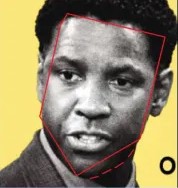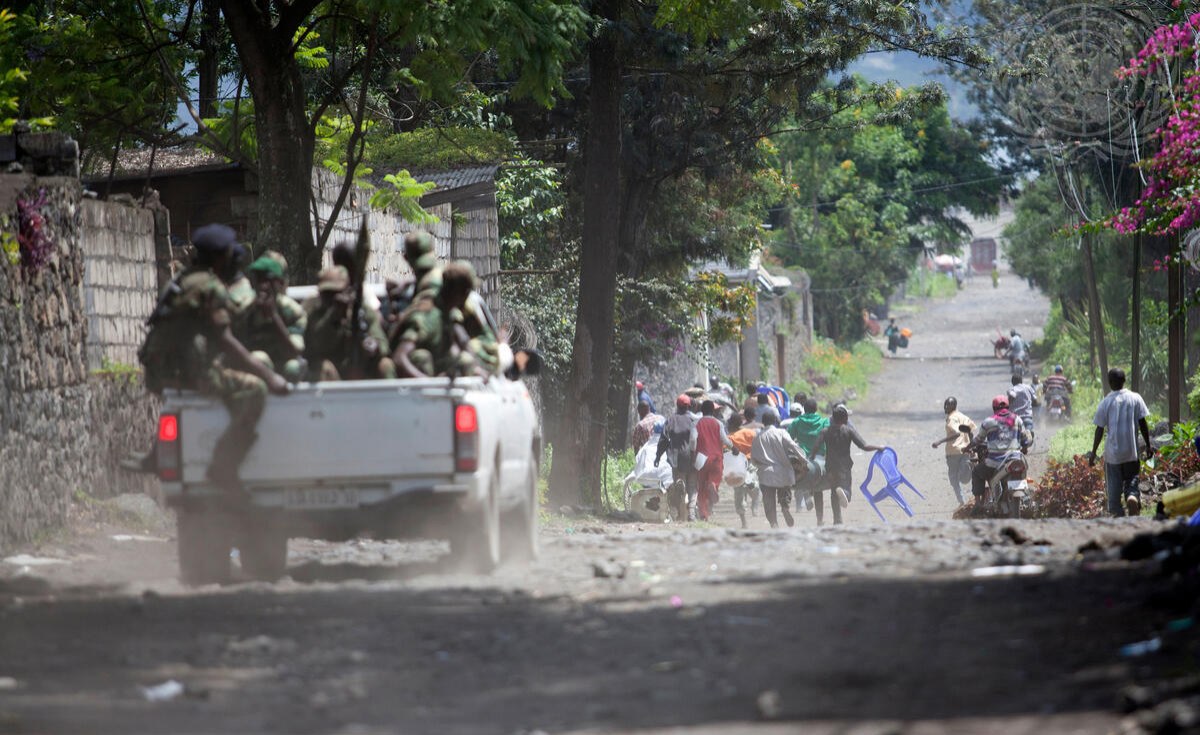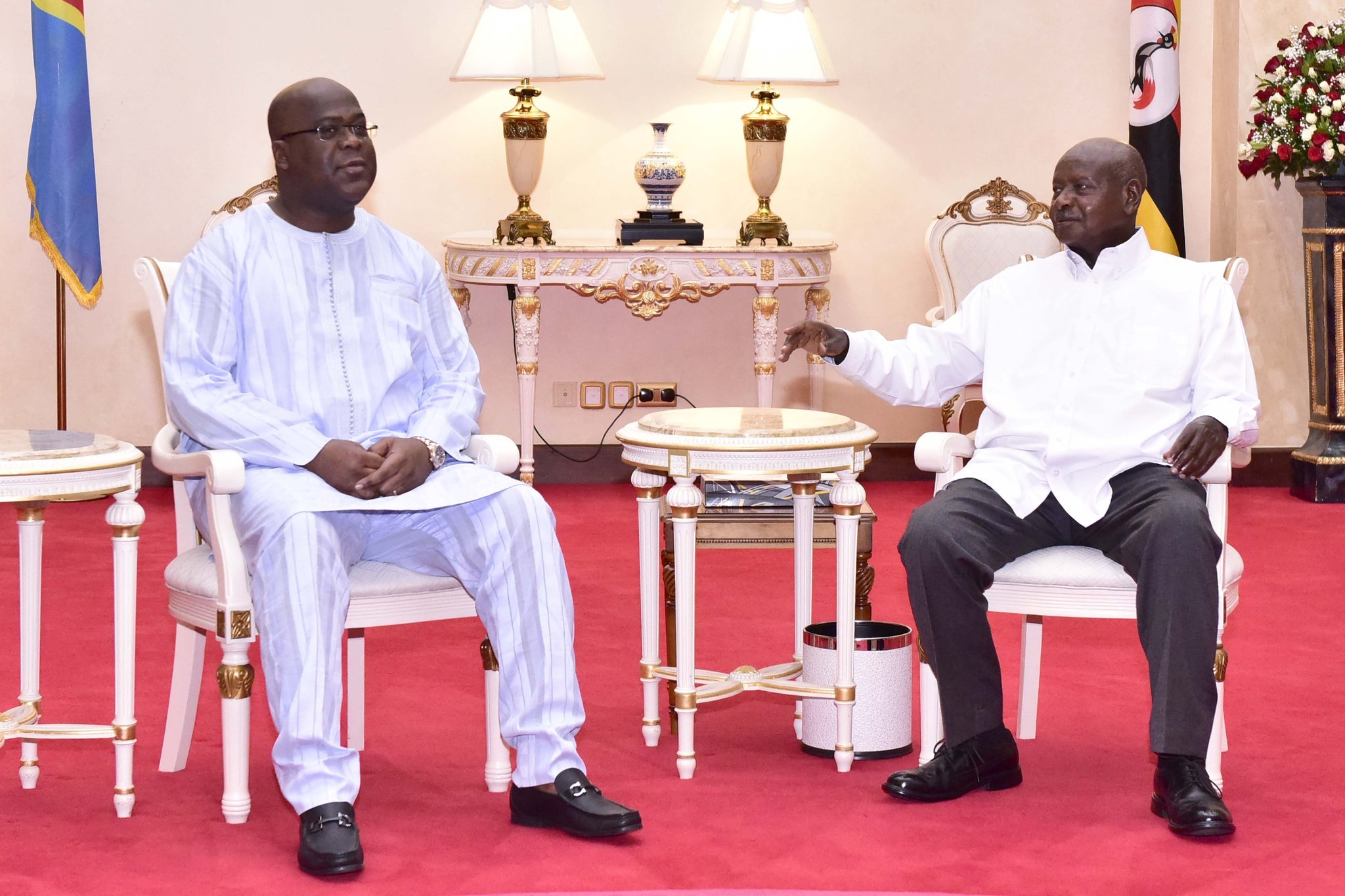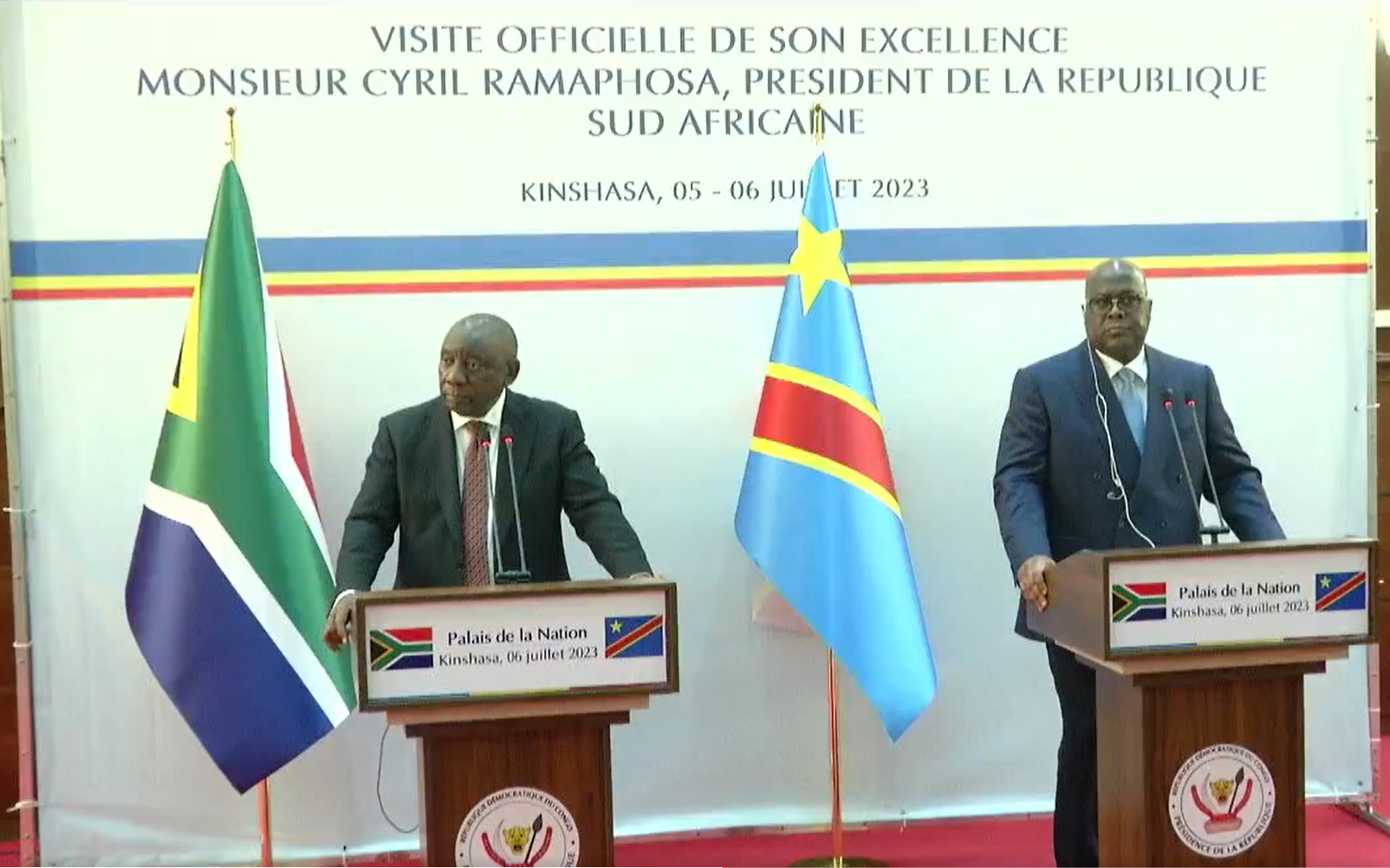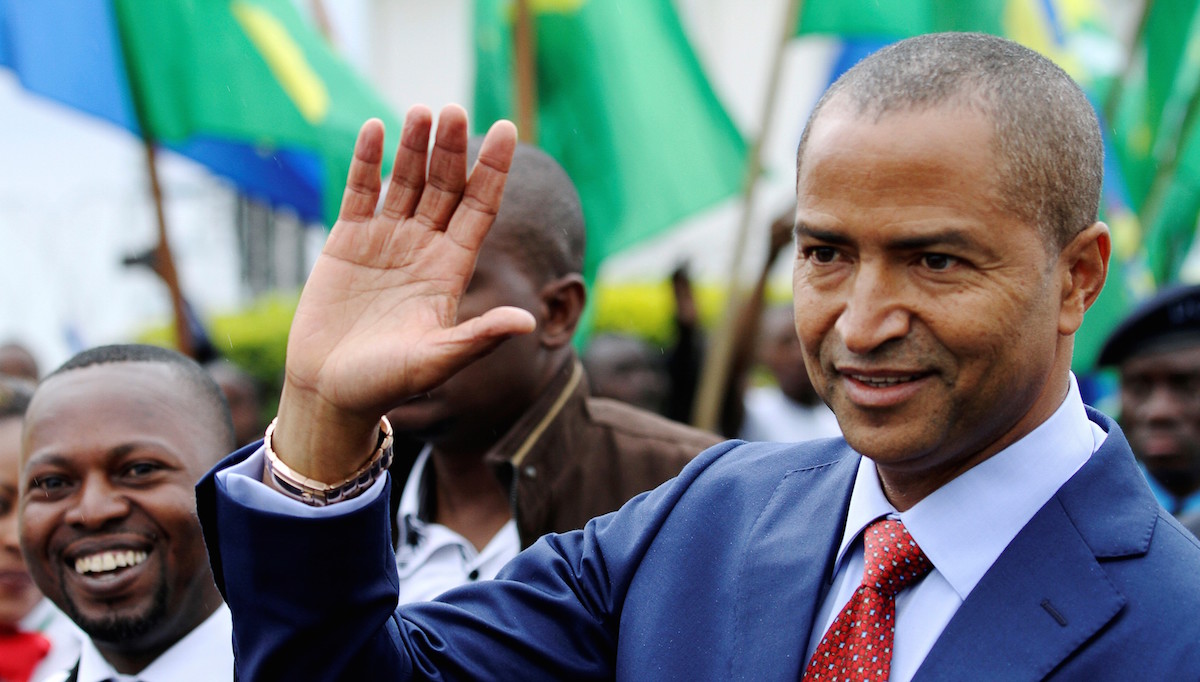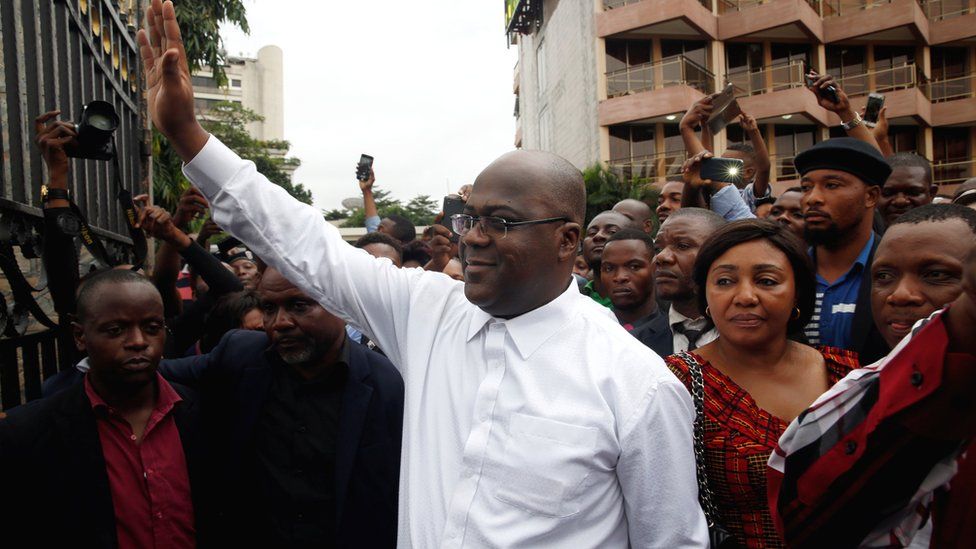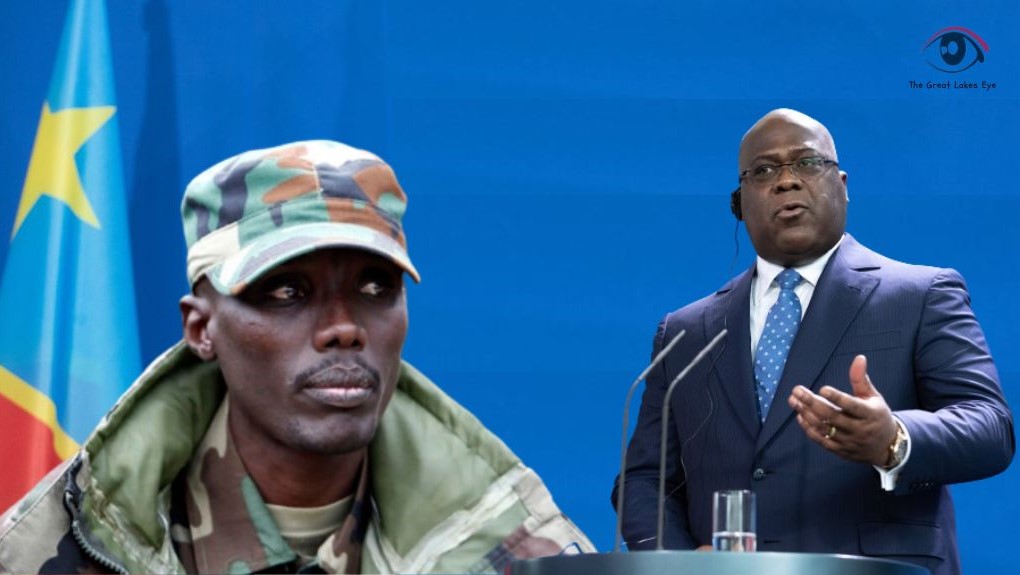Regional
DRC: Why creation of rebel groups persists
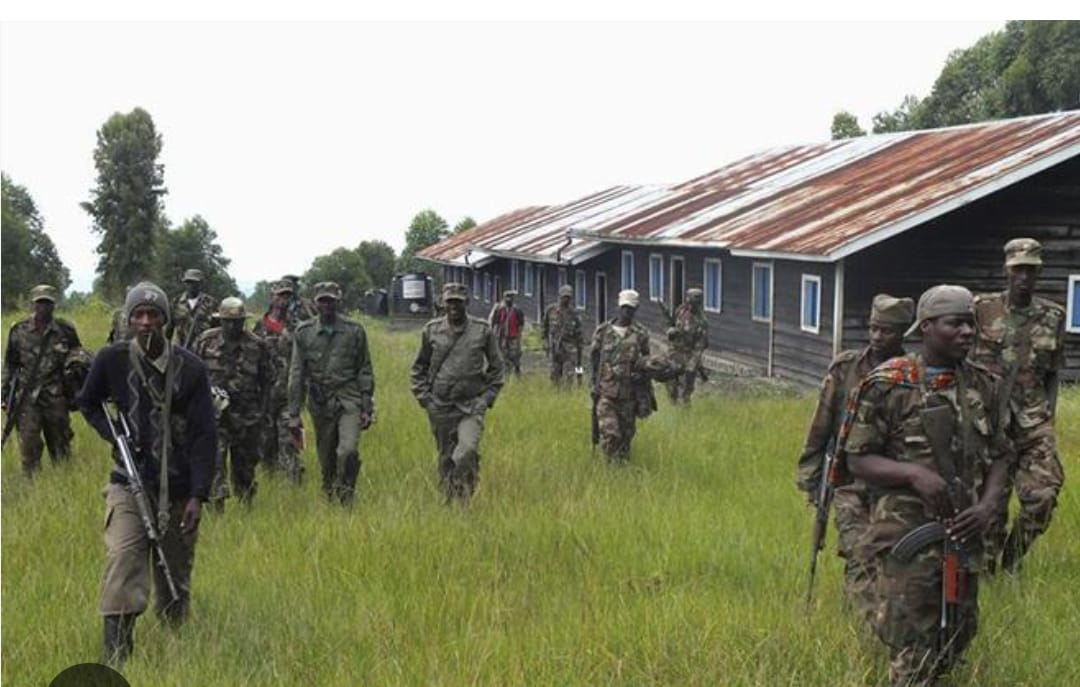
The M23 fighters have been involved in on and off rebellions in eastern DRC, to fight against existential threat.
Eastern
DRC remains mired in persistent rebellion and conflict, marked by a complex
interplay of factors triggered by bad governance, injustice, and corruption,
along with government oppression of citizens and failure to protect citizens'
rights.
Since
gaining independence, in 1960, the DRC has always experienced turmoil. Since
then, rebellion persists largely due to the country’s incompetent leadership.
Injustice
For three
decades, hundreds of armed groups have been created in DRC. The latter perpetrate
violence especially against minority groups such as the Congolese Tutsi which
is now targeted.
Related: DRC:
Genocide perpetrated as international community watches
A UN report indicates that Congolese
civilian deaths mounted from 559 between June 2020 and March 2021 to 1,261 for
the same period in 2022.
Kinshasa has kept quiet and no
single individual was tried for inciting hate speech, killing the Congolese
Tutsi, or looting and damaging their properties. The impunity fueled discontent.
The perpetrators
of these atrocities include soldiers of the national army, FARDC. Several
reports have indicated the collaboration of FARDC, and the genocidal militia, FDLR,
a group made up of individuals responsible for the 1994 Genocide against the
Tutsi in Rwanda. This collaboration has resulted in the persecution, killing
and lynching of the Congolese Tutsi, with no form of justice in place to
condemn or defend this community.
As a result,
this form of injustice creates an environment ripe for rebellion.
Rebel
groups like Twirwaneho and M23, were created to defend their own communities, when
the DRC government failed to do so.
Related: Why the
M23 rebels are fighting
The
Congolese government's response to rebellions has always been characterized by
heavy-handed military operations, instead of dealing with the root causes of
the grievances. Such tactics only lead to human rights abuses, further
alienating the population and creating a cycle of violence in the country.
Failure to protect citizens' rights
The
fundamental duty of any government is to protect its citizens' rights,
including the right to life, education, work and equality, among others.
Instead, the DRC government failed to offer these universal rights to some of its
citizens.
Like
his predecessor, Tshisekedi presided over a system of entrenched human rights’
abuses perpetrated by government officials, military personnel and civilians.
On August 30, the Congolese national
army indiscriminately opened fire on unarmed protestors, killing over 50. More
than 60 others were injured while over 220 were arrested.
The incident was just an example of how the DRC government naturally abuses human rights and gets away with it.


